"There will be many attempts to obstruct Curuvija trial"
Monday, 01.06.2015.
13:45

"There will be many attempts to obstruct Curuvija trial"
"It is important that all who possess additional evidence, possible testimonies, etc, come forward during the trial, thus giving contribution to resolving this very significant case," the News editor-in-chief of B92 said in an interview for the Slavko Curuvija Foundations' website Cenzolovka.Matic initiated the idea for the government to form a special commission to deal with the murders of journalists Curuvija, Milan Pantic, Dada Vujasinovic, and those killed during the NATO bombing of the RTS building. While he failed in this intention with Boris Tadic and Miki Rakic, Matic received support from Aleksandar Vucic and has led the commission since it was established in February 2013.
Its successful work has led Premier Vucic to say that Matic is "excellent for murder investigations," having shown "splendid results and in the case of the Curuvija murder managing to spur a significant number of people to work together."
Vucic has also asked Matic to take part in the investigation of the Bytyqi brothers, U.S. citizens of Albanian origin, killed by Serbian police in 1999.
Q: In what way did the Commission contribute to resolving the case of Slavko Curuvija’s murder and to bringing charges against the suspects for committing this crime after 16 years of unsuccessful investigations?
Matic: The Commission for Investigating Murders of Journalists had contributed to better cooperation of the bodies involved in the investigation and to making necessary synergy. We had gathered all documents on the former investigations, as well as documents of diverse institutions.
New approach to reading those materials opened up new analyses, new findings, or simply considering it from different angles helped in clearly defining new options, new strategies. Very devoted members of the Ministry of Internal Affairs and Security Information Agency were engaged in this, with very serious and intensive support of the journalistic part of the Commission.
Q: What was done in the investigation that was not done before, or it was not done in a high quality manner during the 16 years of trying and "trying" to resolve this crime?
Matic: We worked on this case intensively fully determined that we will not stop until we reach court trial. I am under impression that there were no devotion to this in the past and that the services shifted their priorities when it comes to those cases, so this particular case was from time to time abandoned.
Q: After getting full insight into the investigations that were led prior to the establishment of the Commission, do you today consider that everything could have been finalized much earlier?
Matic: I believe that this case could have been resolved earlier. However, the killing happened during the bombing, “in the presence of the ruling authorities” that hadn’t find it in its interest to solve this case. Lots of things were overlooked in the investigations. The same leadership controlled all institutions for the next year and a half, which gave them enough time to compromise the evidence, witnesses and leads.
After the democratic changes that took place on October 5, 2000, we hadn’t experienced the process which would bring solutions much efficiently for other cases as well. Simply, this was not positioned strongly enough as a priority. We today face with numerous unresolved killings that burden the reform of the institutions and prevent creating a decent society.
Q: What is your comment on the fact that neither Djindjic, Kostunica, nor Tadic, the most powerful politicians of their time, that in numerous statements marked the solving of this killing as a priority of their respective governments – never ended this investigation?
Matic: We didn't have the opportunity to make sure that state institutions were determined to do this via documents, as well as governments, prime ministers, etc… We could conclude from certain discussions that they were determined, but not enough, and not with the necessary intensity.
Boris Tadic recently asked me why this is possible today instead during his reign. I reminded him that on one conference on the freedom of the media, I had explained to him why I consider it necessary to include journalists into finding the perpetrators and master minds of the killings of journalists, why it is important to establish the Commission… He responded back then that this is a great idea and advised me to address Miki Rakic regarding this, and I sent him the proposal and never got positive response.
From the discussions that the commission had carried out with Mr. Rakic, we got lots of information out of which we could conclude that there was serious determination, but this was not enough. Namely, the influence of the politics on the institutions was too strong, so depending on daily politics, the whole strategies of the institutions were being shifted, from one case to another.
I had reached such a conclusion earlier, and exactly due to this, I thought that the intermediaries are needed between the institutions and state leadership, in order to create absolute determination for solving all the cases, in the same intensity, and with the same quantity of common knowledge, the intermediaries that could protect the investigation from the interference of daily politics, daily events that could undermine investigation. Therefore, when we look at the individual players, there were lots of professionals, but there was no strong coordination, convergence of information, strategies, technical potentials.
Q: You have been criticized by some former supporters from the NGO sector or on the part of some journalists that considered the establishing of the Commission to be collaboration with Vucic’s and Dacic’s government, i.e. a whitewashing of the CVs of two politicians that were distinguished members of the ruling authorities during the time of the killing Slavko Curuvija.
Matic: I have already said that I had offered the same idea regarding Commission’s establishment with Tadic, and it was never implemented. This issue is not linked with making a pact with anyone, it did not represent whitewashing of anyone’s biography. No one can annul what certain individuals have done.
My goal was to solve the cases of killing our colleagues, instead of marking anniversaries of their death year after year, appealing to the government to do something about it. This inactivity was a common place, we needed to do something else, if we really considered it important, it called for our own engagement.
We could have established an independent commission, but its work would amount to the work of journalistic associations, as we would not have been able to access vital documents, and there would be no possibility for conducting new investigations.
Q: What guarantees did you receive that the Commission will not serve for the authorities to pull the wool over the eyes of domestic public and international institutions that requested those crimes to be resolved?
Matic: When I proposed the establishment of the Commission, my condition was that I should chair it, and that I would be given possibility to influence the selection of other members, members of the work groups. Given that Aleksandar Vucic was also performing role of the coordinator of the work of security services, that made my communication easier, as I had only one person to turn to, i.e. I was referred only to him, and he afterwards helped that representatives of all other services cooperate in a way that proved significant for the success of the investigations.
There were no guarantees whatsoever, and I did not ask for it, but I warned them clearly that I and my colleagues will make public all obstructions in the work of the Commission, or we will withdraw from its work.
It was of utmost importance to create trust within the Commission between its members. On the opening session of the Commission, I stated that we are on to a very important mission, that is significant for our journalistic profession that aspires to get the truth on the killings of our colleagues, as well as to bring perpetrators to justice, but this work is also important for creating credibility of the Ministry of Internal Affairs (MUP) and Security Information Agency (BIA), that is to say, to create successful institutions in this way, too.
We faced with lots of misunderstandings when it comes to the way the commission operated, as we could hear so many times that those are non-institutional solutions, that we devastated institutions with our work... which is simply false, exactly because of this I had insisted that the government should be its founder, so that representatives of MUP and BIA could take part in its work institutionally, etc.
Q: Is it possible that politicians' fear of conducting reforms within the powerful State Secret Service led to the fact that it, the BIA (that is the State Security Service and the Department of the State security during the 1990s) was in a position to stall or stop investigations or court trials in cases of the killings of journalists, or in cases such are two assassination attempts on Vuk Draskovic?
Matic: I have already said that the lack of quick, justifiable process of reconsidering all illegal activities of the institutions from the field of security, sanctioning all those who breached the law, took part in the killings, repression, therefore lustration, ultimately led to commencing with the reforms of the institutions in a very sloppy manner. So, we had lost the opportunity to solve these cases very quickly, including this case.
In 2002, the BIA Law was introduced, and then the Department of State Security ended its work. Certain key facts for solving this crime were determined in 2001 and 2005. So, we can now only regret that this was not solved during the police Operation Saber, along with the case of killing Ivan Stambolic.
Q: In which stages are the investigations into the killing of Dada Vujasinovic, Milan Panticm and during the bombing of the RTS? Is there any progress made that promises bringing indictment soon?
Matic: The team that used to work on the case of Curuvija now works on the case of Milan Pantic, so the team is doubled, and they work intensely on everyday basis. We had many problems here with the mess that was made in earlier investigations, i.e. in the work of seven work groups that kept changing. The analysis of what was done and checking and eliminating different directions, people, etc. takes lots of time. On the other hand, the investigation led to new facts and new possibilities in the investigation, so we need time to process all that is necessary. I believe that this team could bring this case to trial as well.
In case of Dada Vujasinovic, we got an offer from the Hague National Forensic Institute that they are able to perform forensic super expertise that costs around EUR 35,000. There are no funds for this purpose in the budget of the Prosecution, so they turned to the Ministry of Finance, i.e. to the Government to set aside those funds. I believe that this will soon be implemented and that would create preconditions for carrying out super expertise.
We will start working more thoroughly on the case of the killed colleagues of RTS, with the new prosecutor, but also with the new strategy that we had prepared.
Q: What is your experience cooperating with the state institutions in the course of the investigations? Do they work on the cases of journalists’ killings in a professional and motivated way, or do you notice a certain resistance and protraction?
Matic: We had very good cooperation with the MUP and the BIA. The commission members from the BIA and working groups' members were very dedicated to their work, with serious support from the top of the BIA. There was no obstruction.
The only problem was in establishing good cooperation with the Military Security Agency (VBA). We need to work hard on this, especially in case of the killed media workers of RTS. In this case, new prosecutor needs to be appointed as the former on did not perform his job appropriately, so he even placed this case ad acta prior to his retiring.
Q: If you really had the support of the government during these investigations - what was your thinking about the absurd fact that this support comes from Aleksandar Vucic who directly participated in the destroying of Dnevni Telegraf and Evropljanin (published by Curuvija) in 1998 and 1999, in arresting and prosecuting its journalists and demonizing its owner?
Matic: I counted on the fact that if there is true desire to confess mistakes done in the past, that there is significant change in policy that is being implemented, that it is in Aleksandar Vucic’s interest to find the killers and masterminds who ordered killings of journalists in general, and especially from the period when he was part of the government. I believe that his facing with the past should be documented with making concrete moves, which is exactly what had happened in this case.
It is also very important to consider the issue pertaining to the role of the Information Act in times when Aleksandar Vucic assumed the role of minister, etc. He pointed out on several occasions what he nowadays thinks of that Information Act and his moves taken back then. Of course, there is still room for dealing with this period in order to prevent it from happening again.
Q: After two and a half years of direct experience, during which you gained insight into the operational work during investigations of the murders, do you think the connection will ever be established between Slobodan Milosevic and Mira Markovic and the murders that happened in the 1990s, especially those of Stambolic and Curuvija?
Matic: I think that in case of the killing of Ivan Stambolic, Slobodan Milosevic was indicted as the one who ordered it, while in this indictment for the killing of Slavko Curuvija, there are indications that masterminds of this killing are from the highest government circles. It would be important to determine who issued this order. Moreover, it is altogether another issue the policy of Slobodan Milosevic and Mirjana Markovic, their actions, and crimes.
This issue is not even remotely resolved in a historical sense, let alone in its judicial aspect. I am under impression that this is still a taboo, and that elements of their policy still hover over Serbia. This huge burden would be eliminated by full resolve of their actions. This is the only way to make serious space for the reconciliation in Serbia, for genuine democratization of our society, but also for the reconciliation in the region, so that we could really, as Germany and France in the past, make a stable region together with other Balkan states.
Q: Members of the Department of State Security (RDB) certainly could not have have killed one of the most famous journalist in the country without the knowledge of the two people that assumed total control? In a newspaper under their control, Politika Ekspres, an article was published April 6, 1999, entitled “Curuvija welcomed bombs“, in which journalist Miroslav Markovic called Curuvija a traitor who invited air raids five days prior to his killing, and concludes his article with a threat: “If they hoped that their treason will be forgotten, they hoped in vain“.Did the Commission take a statement from Miroslav Markovic?
Matic: Markovic had given his statement in front of special court, and there was no need for the Commission to question him.
Q: Did Milorad Ulemek Legija on his own decide to testify in the Curuvija case or was he “encouraged” to do this?
Matic: Milorad Ulemek decided to give testimony in this case on his own, and I believe that he had said everything he knows about this case. He gave the statement to the prosecutor, he hadn’t had direct communication with the Commission.
Q: What must happen in this country so that journalists could move freely and do their jobs without being threatened? When will the danger to your life and the life of Brankica Stankovic, who stil have police protection, end? When will all those journalists who deal with investigating organized crime and corruption connected with top authorities and criminal groups feel safer?
Matic: It is necessary that judiciary starts working efficiently, it is needed to make investigations more efficient and quick, as the cases are being solved in the first couple of hours, as the time passes by, the possibility of resolving the case positively drastically reduces. Punishment has to be drastic. It should be constantly demonstrated in every way that it is utterly unacceptable to threaten journalists, to assault them.
Providing police protection to the journalists for such a long period of time is responsible attitude, but it also shows powerlessness.
I think that journalists should also organize themselves in a more responsible way, that they should be stronger in advocating the interests of the profession, personal security, etc. At this point, this is not on the satisfactory level.
Q: Have we journalists done enough to assist in resolving those crimes or have we forgotten all about them and repressed it as those are not the topics to increase ratings?
Matic: I believe that journalists and media haven't done enough, and this depends on the quality of the journalism of certain media. As we can see, journalistic profession is being degraded, so the solidarity itself and efficient activities are often doomed to failure in advance. When it comes to the work of the Commission, we faced with the situation that IJAS withdraw its representatives from the commission, which certainly caused damage to its work. We could do much more by joining efforts.
Q: Is it possible in our country that such an investigation could be finalized independently, or was pressure necessary from foreign governments and international institutions such as OSCE (which supported the work of the Commission from the start, persistently reminding the government of the unresolved killings of journalists)?
Matic: The project of the Commission is fully domestic, there is no such commission in the world. When I informed Dunja Mijatovic about it, she supported the work of the Commission right away, along with constant remarks that this work should not serve as substitute for responsibility and the role of authorized institutions. The fact that institutions such as OSCE, Council of Europe, European Commission and many international journalistic associations had supported the work of the commission represented an additional stimulus to improve the level of cooperation between members of the Commission and members of state institutions, thus making it more efficient. Constant attention of both domestic and international public is of crucial importance, not only as a form of pressure, but also as making the way of resolving those killings as new quality standards in the work of the institutions.
The Commission and OSCE had created big campaign against violence towards journalists that was offered to all members of this organization on the global level. This campaign had been awarded Bronze Lion on the biggest international advertising festival.
This kind of commission was established in Montenegro, taking ours as its role model, and we actively assist in its work. Moreover, we analyze the possibility of making international commission for Ukraine, where large number of journalists got killed, and journalists still keep getting killed.
Globally speaking, we are facing a growing number of killed journalists, while the number of solved cases keeps falling. Due to this fact, it is important to find ways and mechanisms to solve as many cases as possible. Today, things stand the following: the cheapest way of stopping the work of journalist is his liquidation, as in at least 80 percent of cases, there is no chance for the killer to be detected.











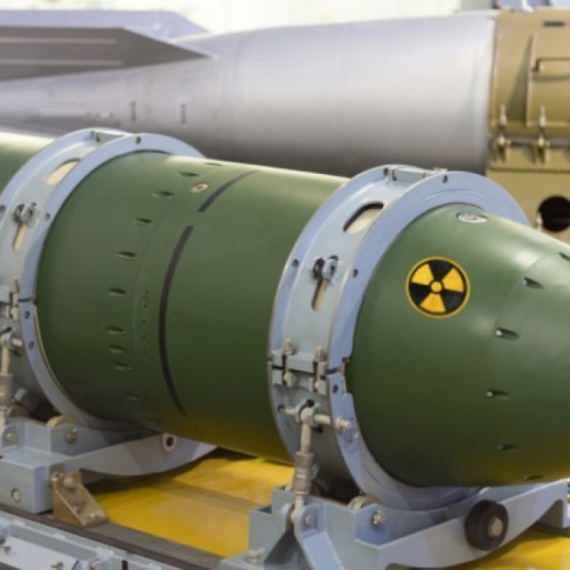


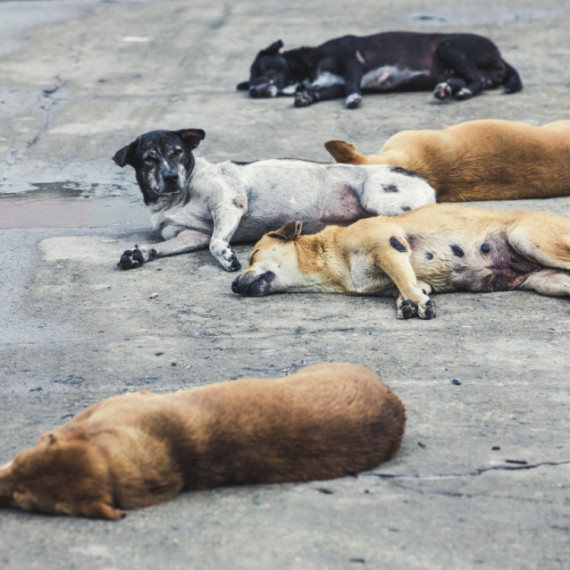
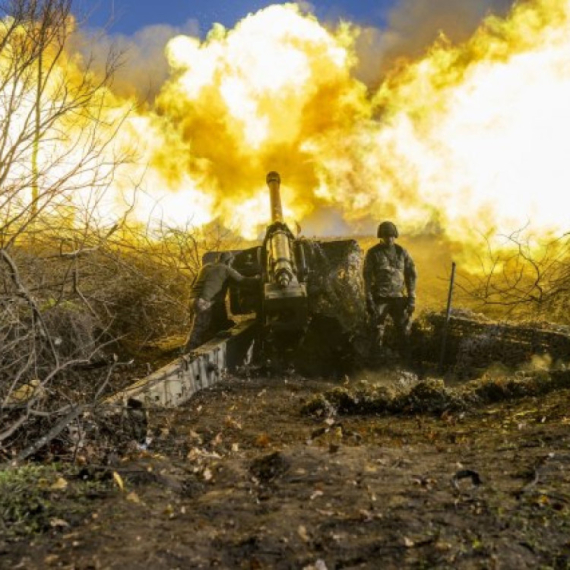
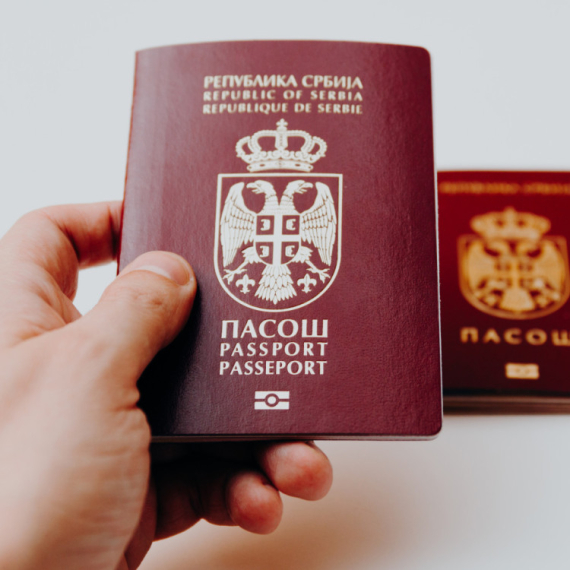
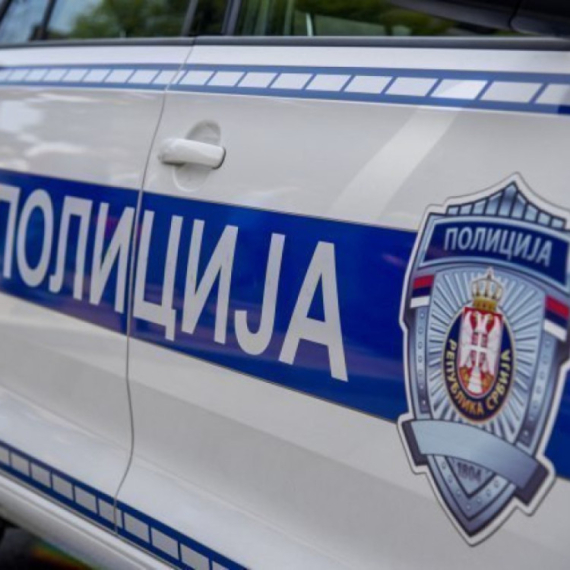
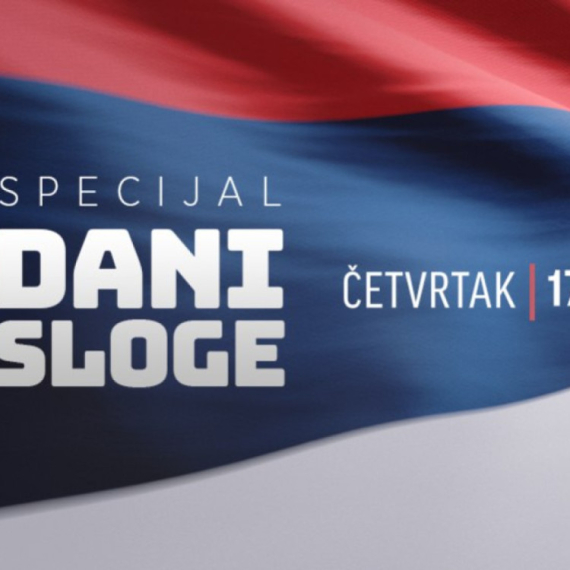
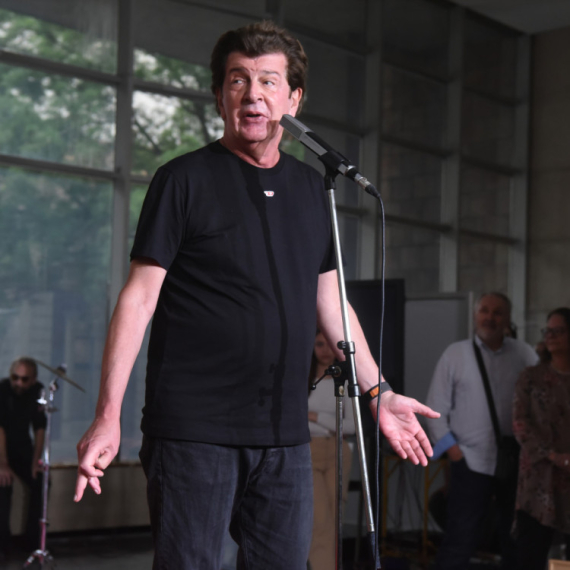


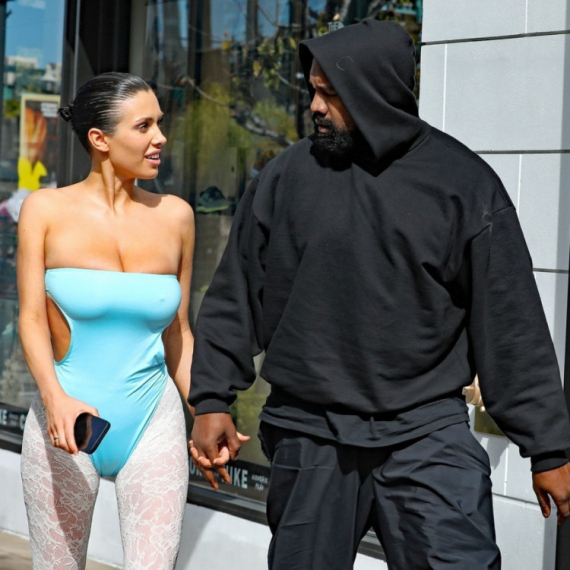
















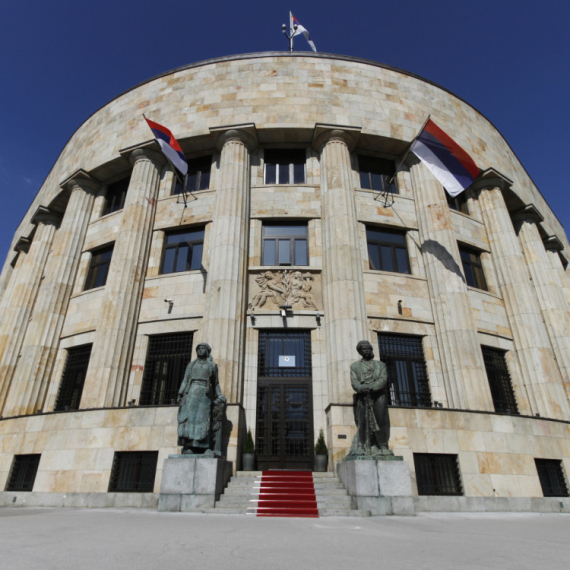








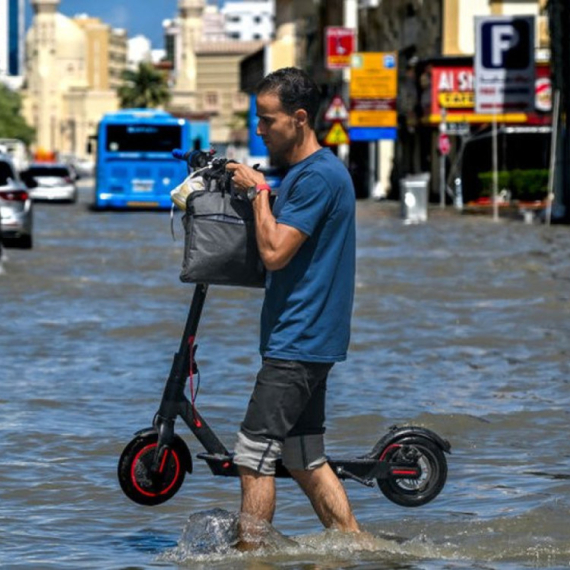
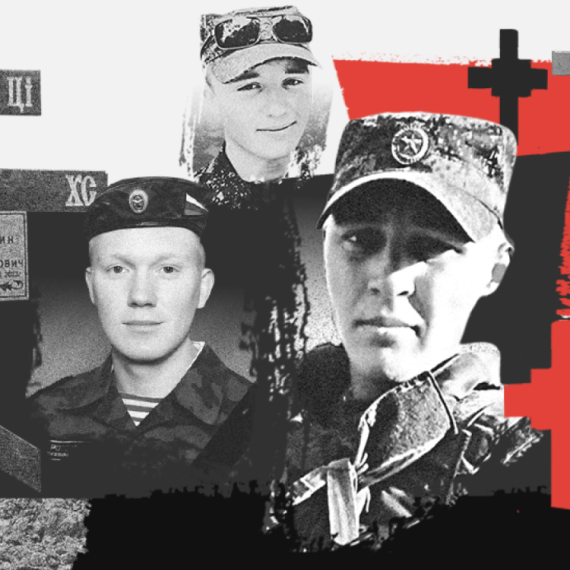
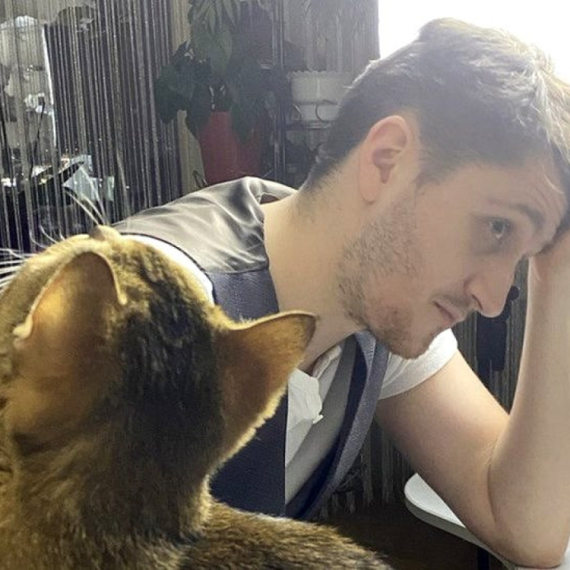
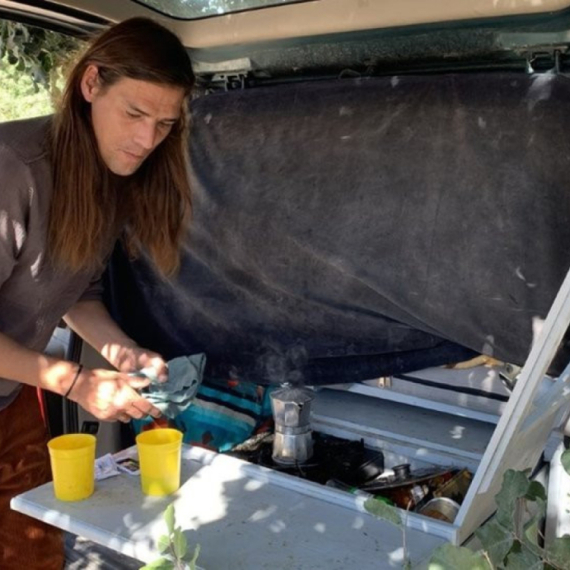
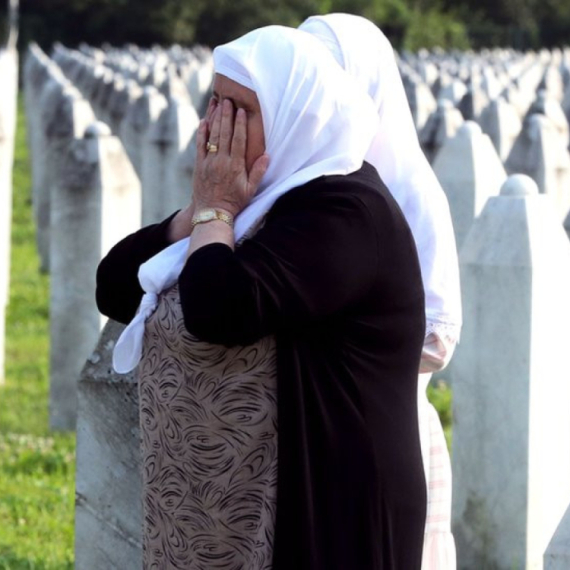

Komentari 0